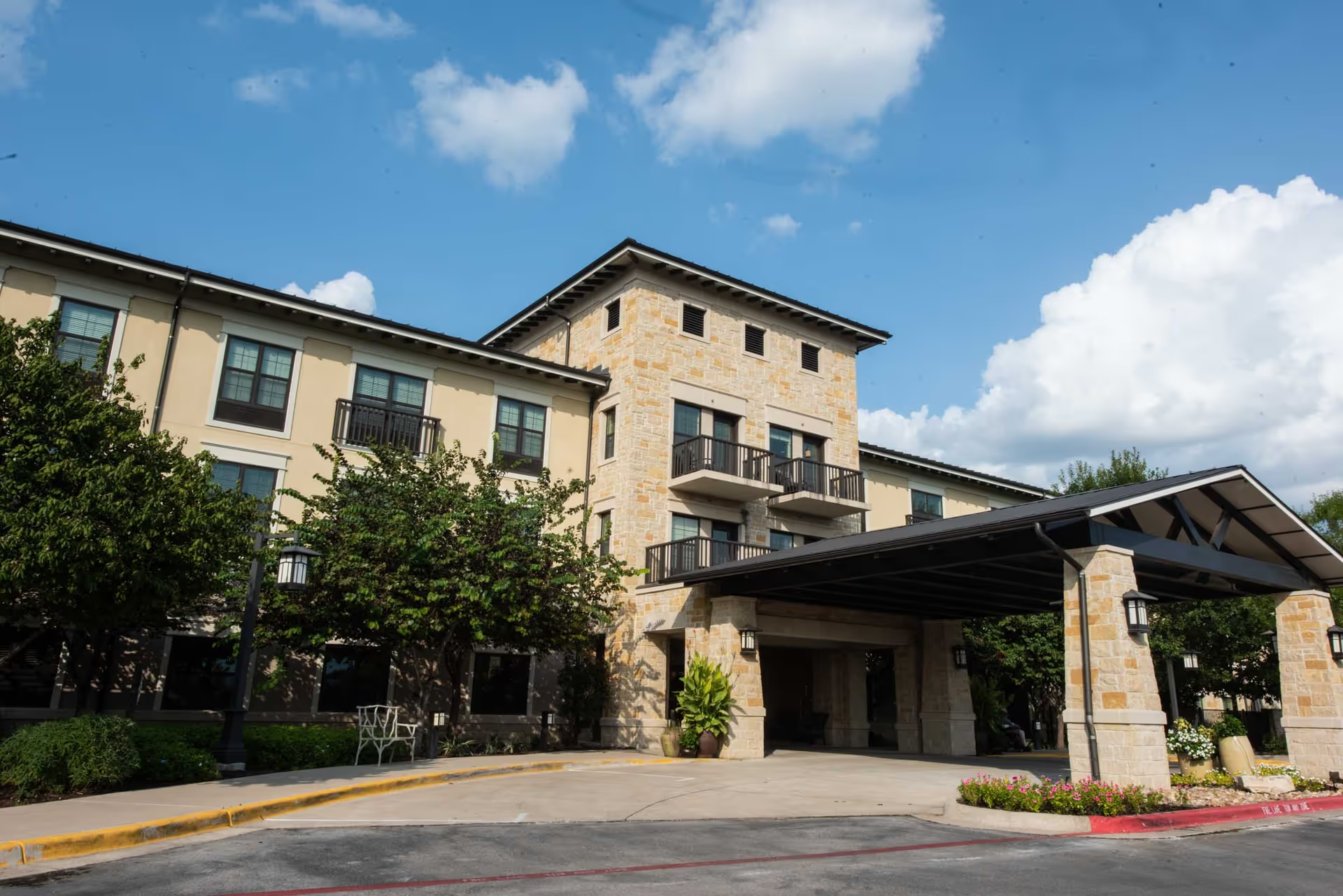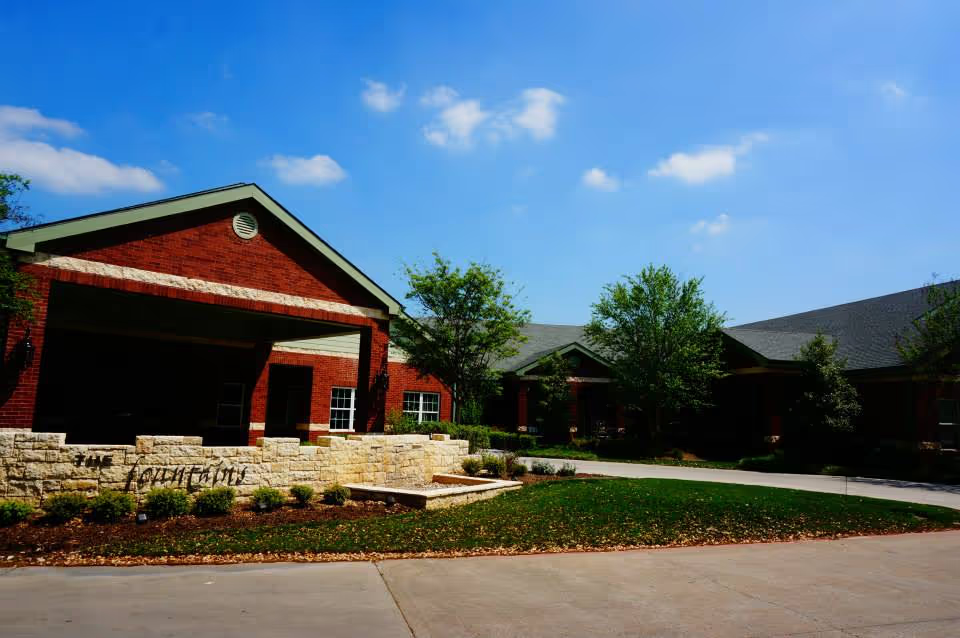Overall sentiment about Regency Manor Healthcare Center is highly mixed and polarized, with strong praise from many reviewers for frontline staff and therapy services contrasted sharply by severe criticism alleging neglect, safety problems, and unprofessional management. A substantial portion of reviews highlight compassionate, dedicated caregivers, an effective and well-regarded therapy/rehab team, and an improving atmosphere under new management. These positive accounts emphasize personalized attention, residents feeling loved and valued, clean rooms and dependable laundry service in many cases, frequent engagement in activities and events (Easter gatherings, bowling, Solar Eclipse viewing), and administrators who are visible and resident-focused. Multiple reviewers explicitly recommend the facility and credit recent leadership changes and remodeling efforts with tangible improvements in care and environment.
At the same time, a significant set of reviews allege serious quality and safety concerns. Common themes among negative reports include slow or non-responsive call-light response, incontinence with urine odor and spills left unattended, skin breakdown, inadequate bedding, and residents kept in cold rooms. Several reviews describe rude or unprofessional conduct by staff or front-desk personnel, dismissive behavior from medical staff, and poor communication with families (including nurses hanging up and no health updates). Some reviewers report severe clinical consequences—ICU transfer and a death are explicitly mentioned—accompanied by calls that the facility should be closed. There are also allegations of broken or missing items, unsanitary conditions, and generalized safety lapses that reviewers say merit regulatory attention.
Management and organizational issues appear as a central dividing line. Many positive reviewers note that new management has made the facility more organized, cleaner, and more resident-centered, praising administrators who visit hospitalized residents and who are responsive. Conversely, other reviewers describe unresponsive or rude management, lack of timely replies to web inquiries or social messages, outdated admission information, and inconsistent messaging about accepting new residents during COVID outbreaks. This inconsistent leadership and communication pattern creates unpredictability: some families report warm, family-like care and helpful supervisors who participate in activities, while others encounter poor first impressions, no staff availability, or ignorance about resident status.
Dining and activities also receive mixed feedback. Several residents and family members praise the food and the active social calendar, noting events and opportunities that engage residents and children alike. However, others list poor meals and inadequate attention to personal hygiene (missed showers) among their complaints. The therapy and rehab department is one of the most consistently positive areas: multiple reviews describe effective mobility support, informative updates, and an 'amazing' therapy team that contributes substantially to resident well-being.
A recurring context in the reviews is the impact of COVID: a few reviewers commend Regency Manor for accepting COVID-positive inpatients when others would not, which some see as a public service even though it raises perceived risk. Conversely, the pandemic also surfaces as a reason for staffing shortages, temporary closures to new admissions, and communication lapses. Reviews also reference policy-level concerns such as Medicaid Personal Needs Allowance (PNA) differences across states, indicating that families are paying attention to financial and regulatory details when evaluating care options.
In summary, Regency Manor elicits strongly polarized reactions. On the positive side, many reviewers consistently praise compassionate caregivers, a strong therapy program, visible and improving management under new leadership, and meaningful resident activities. On the negative side, persistent reports of neglectful care practices, hygiene and safety lapses, rude or uncommunicative staff, and inconsistent management raise serious concerns for prospective families. The pattern suggests that the facility may be in transition: improvements and dedicated staff coexist with unresolved systemic issues that affect care consistency. Prospective residents and families should weigh both the positive testimonials about staff and rehab services and the critical reports regarding safety, cleanliness, and responsiveness. Given the variability in experiences, verifying current management practices, staffing levels, complaint resolution processes, and recent health inspections is advisable before making placement decisions.







